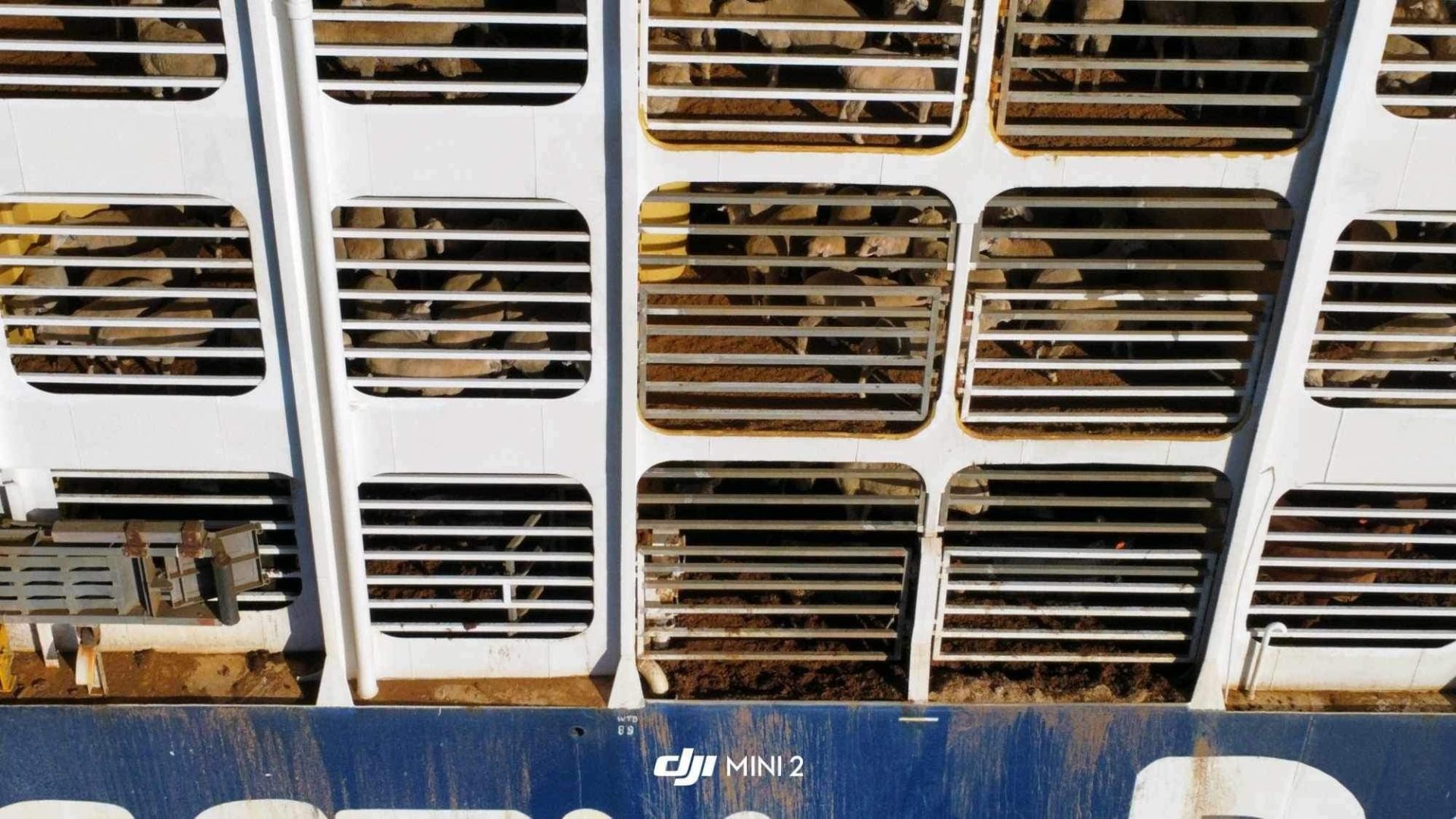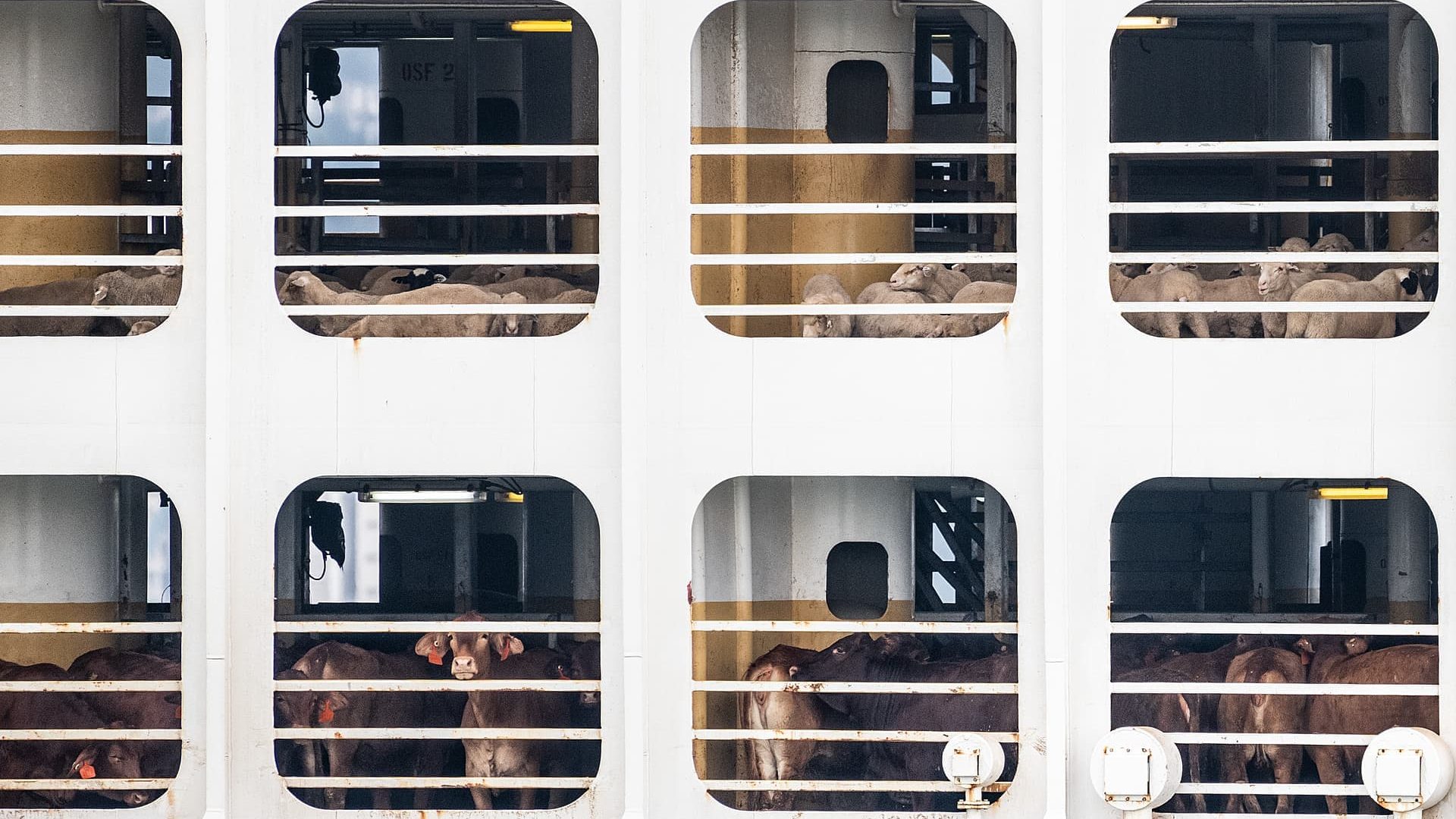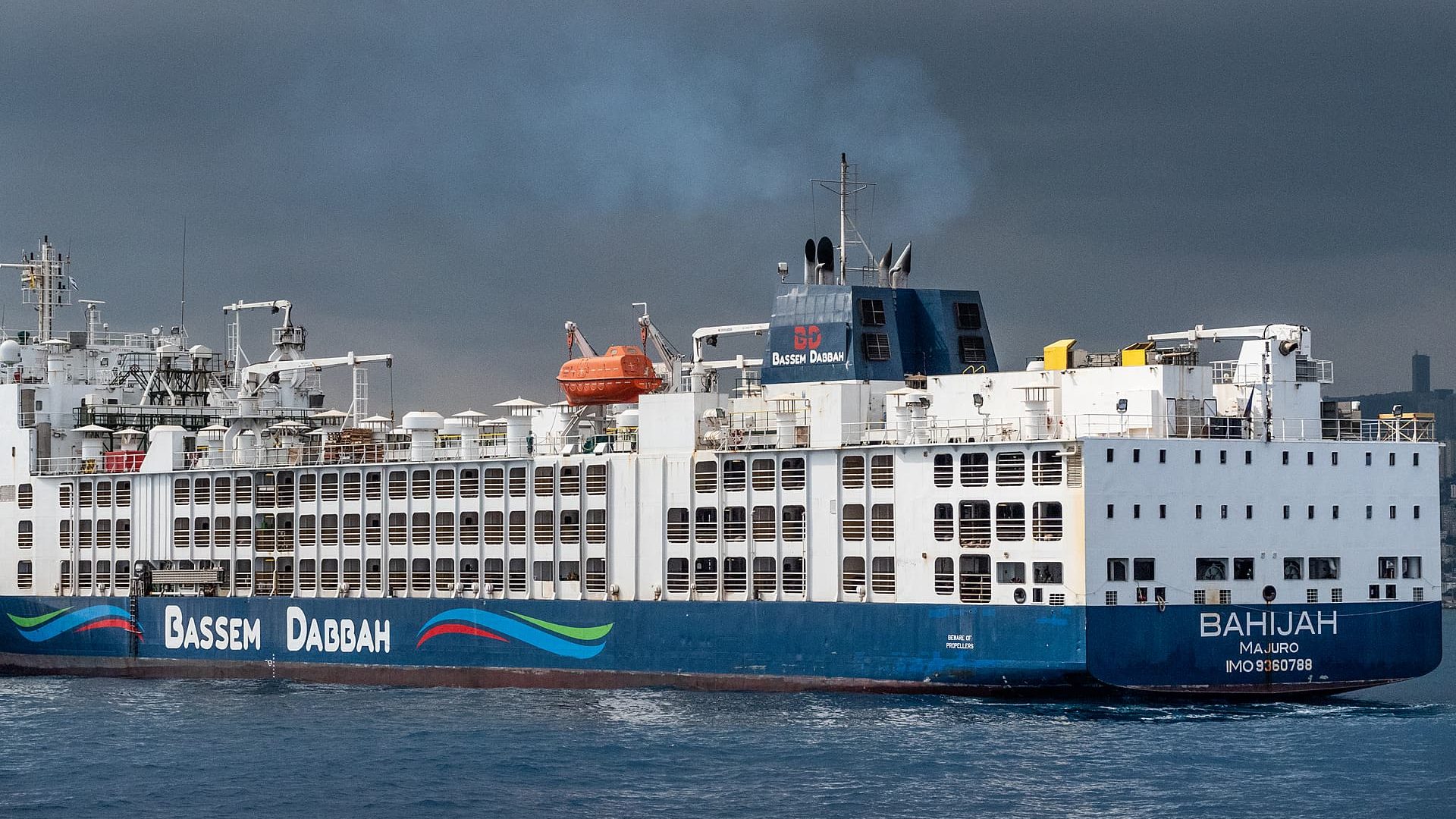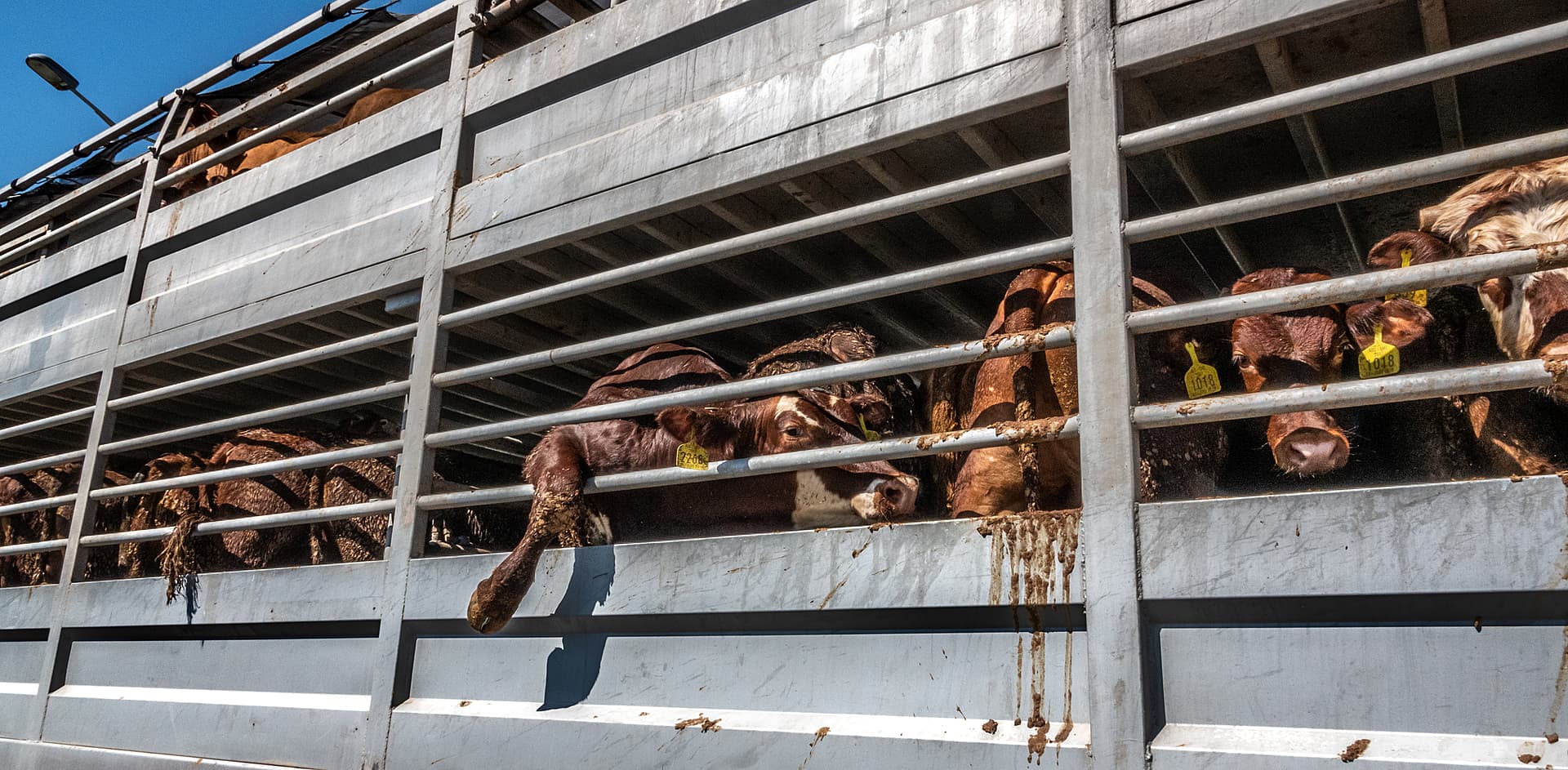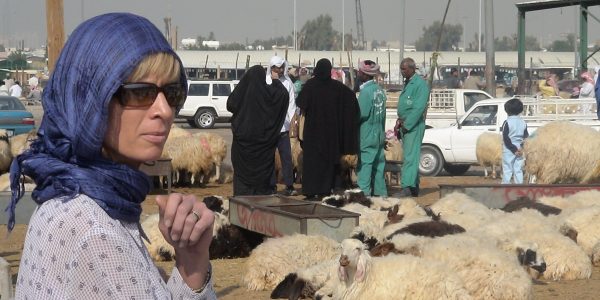Australia’s live export regulator has rejected an application to re-export thousands of sheep and cattle trapped on the MV Bahijah after a month at sea.
16,000 cattle and sheep have been languishing inside the live export ship after it was forced to turn back to Western Australia due to increasing conflict in the Red Sea.
Inconceivably, rather than offload them immediately, the exporter applied for a new export permit — to re-export the animals via a longer and more gruelling route around Africa.
If approved, these animals would have been at sea for over 60 days — the longest live export voyage from Australia since the Cormo Express disaster, during which over 6,000 sheep perished.
In a significant decision for the animals, the Federal Department of Agriculture announced it will not approve the application, citing the failure to meet animal welfare and importing country requirements.
Our immediate feeling is one of immense relief. We are so very grateful to our legal team who worked day and night to find avenues to prevent these animals from facing 60-plus days at sea. And our thanks also to our colleague groups, both here and abroad, who have so exceptionally represented these animals.




